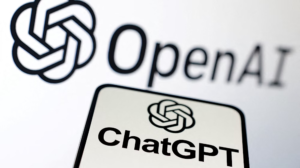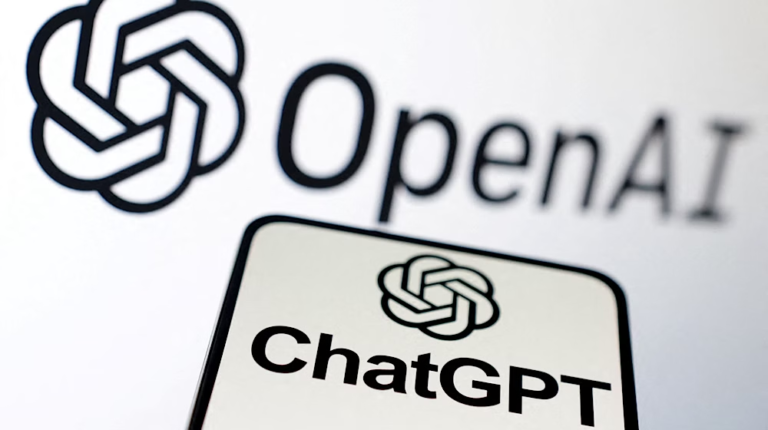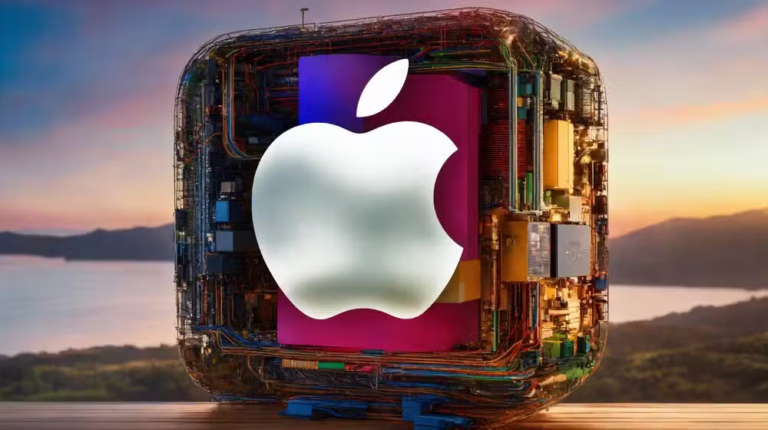
Trial Begins Over Google’s AI and Search Power
In what may become a defining antitrust case of the tech era, the U.S. Department of Justice has accused Google of leveraging artificial intelligence to entrench its dominance in online search. As trial proceedings unfold, the government is demanding strict structural and behavioral changes to limit Google’s reach.
According to DOJ attorney David Dahlquist, Google’s latest AI tools are not simply advancements—they’re part of a broader strategy to keep users locked into its search products. The case aims to break this cycle, potentially altering how billions access the web.
Exclusive Contracts Come Under Fire
At the heart of the DOJ’s complaint are Google’s extensive exclusive agreements. These include a high-profile, undisclosed contract with Samsung, in which Google pays substantial monthly sums to ensure Gemini AI is preloaded on Android phones.
Dahlquist contended that this tactic mirrors previous default search engine deals that a federal judge previously found illegal. In this new context, generative AI apps like Gemini act as stealth reinforcements of Google’s monopoly.
Legal Strategies and Industry Reaction
In response, Google argues that its AI initiatives are being wrongly targeted. Counsel John Schmidtlein said the DOJ is attempting to punish Google for successful innovation, while overlooking how robust competition exists with players like Microsoft’s Copilot and OpenAI’s ChatGPT.
Nick Turley, product head for ChatGPT, is slated to testify, shedding light on how AI and search now overlap in real-world usage.
Proposed Government Remedies to Rein in Big Tech
Prosecutors are advocating for remedies that include:
- Ending exclusivity with OEMs like Apple and Samsung
- Requiring Google to license search technologies to competitors
- Potentially spinning off Android or Chrome
Google, meanwhile, warned that upending these agreements would destabilize the ecosystem and raise hardware costs. The company reaffirmed its intention to appeal if the judgment mandates major divestitures or market interventions.








